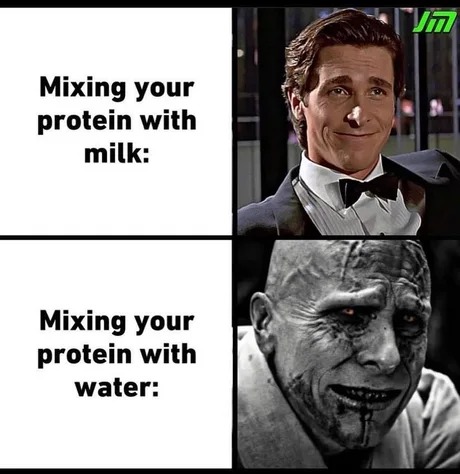Is Protein Powder Halal? How to Check Your Label
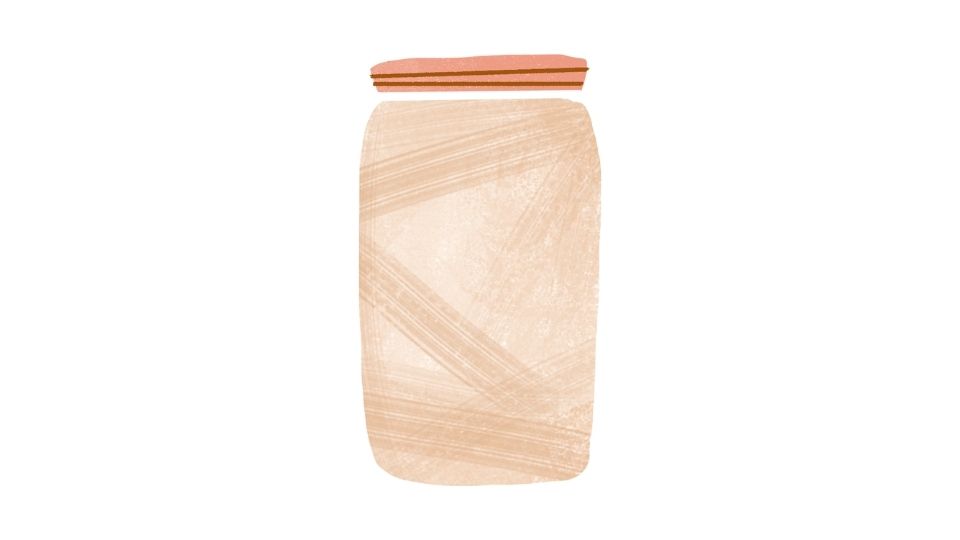
Is that protein powder in your shaker bottle halal? Good question! While your gym bros might be more concerned with gainz than Islamic dietary laws, for many Muslims, this is serious business.
Let’s break down whether your protein powder passes the halal test – and spoiler alert – it’s not as simple as checking for a pork flavor (though that would definitely be haram).
Is Protein Powder Halal? The Complete Guide
So you want gains, but you also want to follow Islamic dietary laws. Can you have both? Absolutely – but you need to know what to look for.
Just like how the dose makes the poison, the source makes the halal. And when it comes to protein powder, there’s more going on behind that muscular packaging than meets the eye.
Skip ahead
- What makes protein powder halal or haram
- Why certification matters
- Plant protein vs. whey protein halal status
- How to choose halal protein powder
- My recommendations
What Makes Protein Powder Halal or Haram?
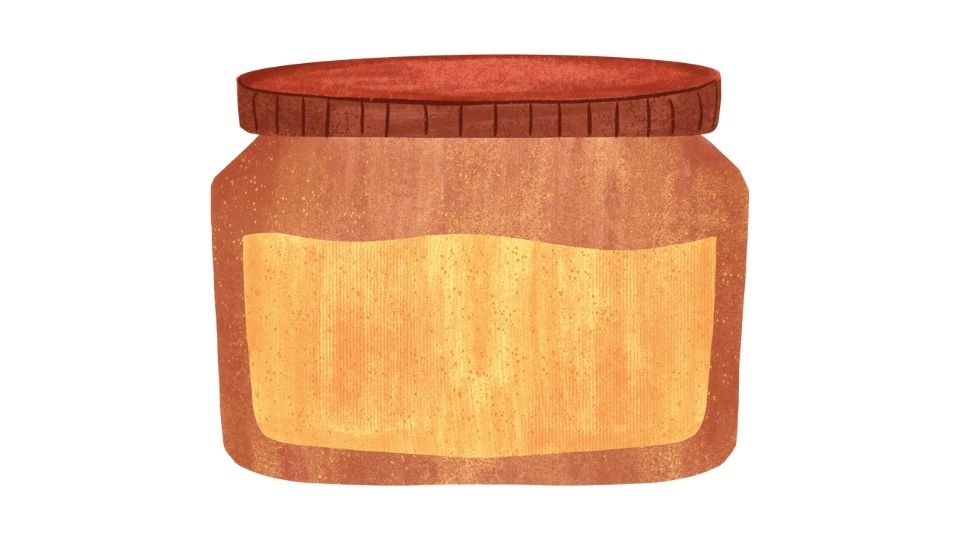
A protein powder is considered halal when it complies with Islamic dietary laws. This means:
- No pork derivatives (obviously)
- No alcohol (including in flavorings)
- Animal ingredients must come from properly slaughtered animals
- No cross-contamination with haram substances
The issue is that most protein powders don’t have a giant “CONTAINS PORK” warning label. The haram stuff is hiding in plain sight – in scientific names, processing methods, and tiny footnotes.
The Whey Problem
Whey protein (the most popular kind) comes from milk during cheese production. But here’s where it gets tricky:
Many cheese makers use rennet (an enzyme) to separate milk into curds and whey. And traditional rennet comes from wait for it calf stomachs
If those calves weren’t slaughtered according to Islamic law, the rennet – and therefore the whey – isn’t halal.
This is why many Muslims opt for protein powders that use microbial rennet or plant-based rennet instead – these alternatives are halal-friendly because no animals were involved in questionable slaughtering practices.
Hidden Haram Ingredients
Beyond the protein source itself, manufacturers love throwing in additives that could be problematic:
- Gelatin (often from pigs)
- Glycerin (can be animal-derived)
- L-cysteine (sometimes from human hair or duck feathers – I’m not making this up)
- Magnesium stearate (could be from animal fats)
And then there’s the issue of shared manufacturing equipment that might process pork products. Cross-contamination isn’t just a food safety issue – it’s a religious one too.
Why Halal Certification Actually Matters
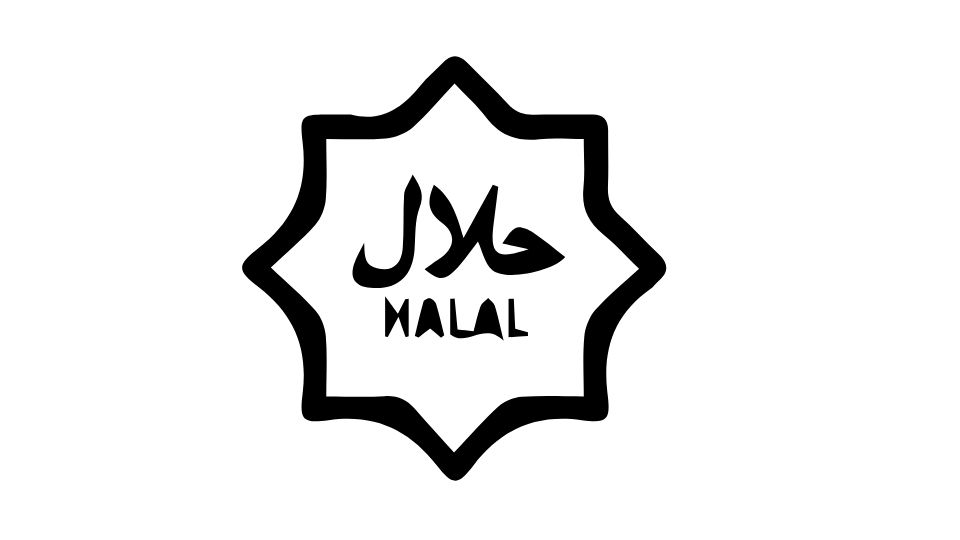
Let’s be real – reading ingredient labels is like trying to decipher an alien language. What the heck is “disodium phosphate” and why is it in my protein powder?
This is where halal certification becomes your best friend. When a product has certification from organizations like the Islamic Food and Nutrition Council of America, it means experts have:
- Verified all ingredients are halal
- Inspected the manufacturing facility
- Ensured no cross-contamination
- Confirmed proper slaughtering methods for any animal products
Without certification, you’re basically playing halal roulette. Even products labeled “vegetarian” might contain alcohol-based flavorings or processing aids that aren’t halal.
Plant Protein vs. Whey: The Halal Showdown
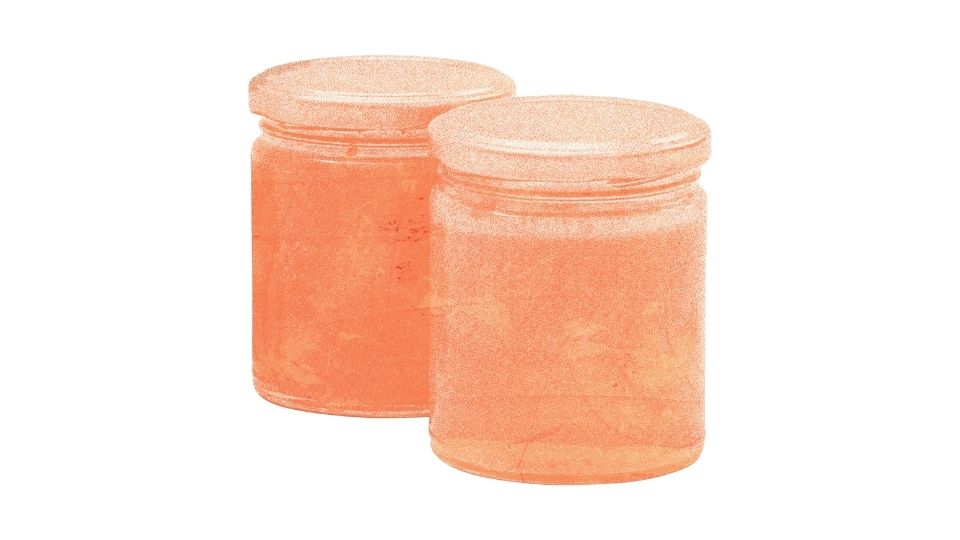
Plant-based proteins (pea, rice, hemp) are generally safer bets for halal-conscious consumers. Why? Because they eliminate the whole animal slaughter issue entirely.
But that doesn’t mean all plant proteins are automatically halal – they still might contain problematic additives or be processed on shared equipment.
As for whey protein, you’ve got options:
- Certified halal whey protein – These brands specifically use halal-compliant rennet and have certification to prove it
- Vegetarian rennet whey – These use microbial or plant-based rennet instead of animal rennet, making them potentially halal (though certification is still preferred)
According to research on Muslim consumer preferences, halal certification is the number one factor influencing purchasing decisions for products like protein supplements. The demand is definitely there!
How to Choose Halal Protein Powder
Now for the practical stuff. Here’s my checklist for finding halal-friendly gains in a bottle:
- Look for halal certification symbols on the packaging
- Contact the manufacturer directly if certification isn’t visible
- Check ingredient lists for red flags (gelatin, glycerin, etc.)
- Research the brand’s manufacturing practices – many proudly share their halal credentials
One study published in the Journal of Islamic Marketing found that consumers are willing to pay a premium of up to 20% for properly certified halal products. This shows just how important this issue is to Muslim consumers.
Is All This Worth the Effort?
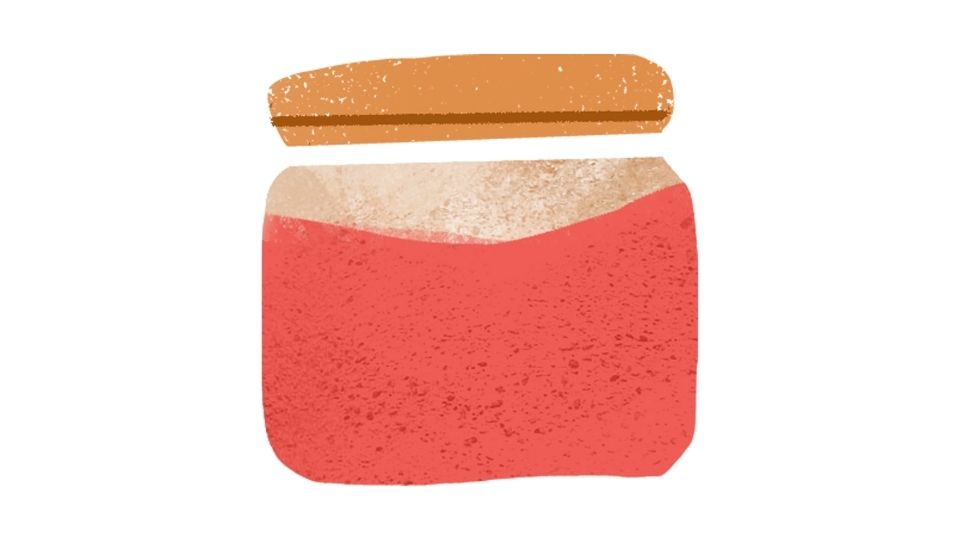
You might be wondering if this level of ingredient detective work is really necessary. I mean, trace amounts of questionable ingredients can’t be that bad, right?
But here’s the thing – for many Muslims, halal isn’t just about health or cleanliness. It’s about submission to God’s commands. It’s spiritual.
And on the practical side, halal-certified manufacturing often leads to better quality control overall. As the Halal Food Authority points out, the stringent requirements for halal certification typically result in improved hygiene standards and more transparent supply chains.
My Recommendations
After all this research, here’s what I suggest:
- If you’re strictly following halal guidelines, opt for certified halal protein powders – they exist and they’re becoming more common
- If you can’t find certified products, plant-based proteins generally pose fewer halal concerns than whey
- Contact companies directly with specific questions about their ingredients and processing
Remember, the protein powder industry is evolving, and more companies are recognizing the importance of halal certification. Your choices as a consumer help drive that change.
In the end, is your protein powder halal? It might be – but don’t leave it to chance. A little research goes a long way toward gains you can feel good about in every way.
And isn’t that what we all want? Muscles with a side of peace of mind.

